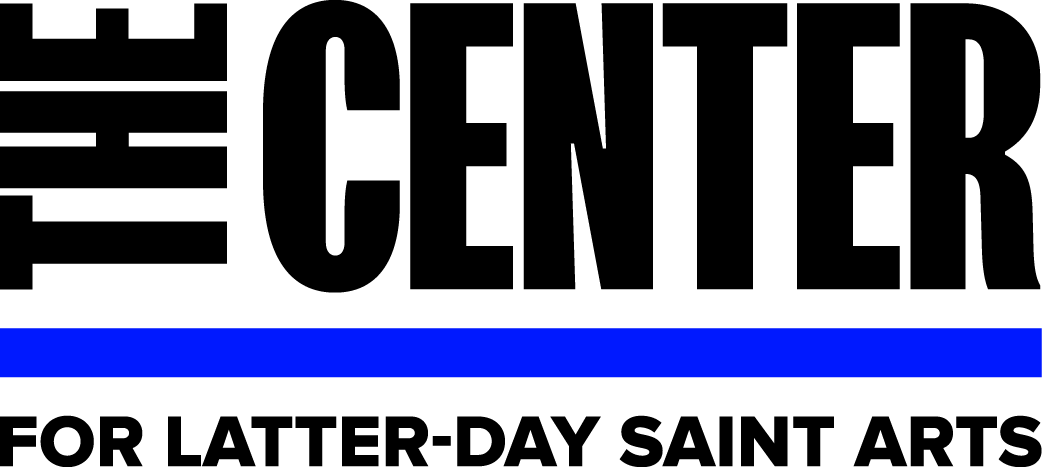Mario R. Montani
Mario R. Montani worked in public relations and as a singer in the Coro Estable de la Orquesta Sinfónica Provincial de Bahía Blanca, in Argentina. He writes the blog Mormosofía, essays about Mormon culture, that grew from letters written to his daughter, and he is part of the collective, Cofradía de Letras Mormonas, a quarterly online journal dedicated to describing and discovering the work of Mormon writers in Spanish.
Yerba mate and breakfast. I usually get up at 5:30 or six o'clock in the morning, not only on Sunday—that’s my hour to stop sleeping. I like to use that time in the morning. I try to enjoy reading the scriptures or a talk and also writing about some subjects that I am working on. That is my time, usually, until seven o'clock. Then, I wake up my wife, Mabel, with some yerba mate in bed, with a metal bombilla straw. Mate is our national hot drink. So we start the day as a family. We have breakfast, and we spend some time in the kitchen preparing the food so that it will be ready in advance for lunch. In our house it is just me and my wife. All the children are gone. We have one daughter together, Edelweiss, and she lives in another city about 200 miles from us, with her family. There, she plays with the Río Negro State Orchestra, and I have three other children from my first marriage. They are all older. We have 14 grandchildren. We live in Bahía Blanca. People in Buenos Aires call us the south, but for us, the south means Patagonia. Bahía Blanca is a city of about 500,000.
The present version of meetings. Then we prepare to go to church. Our meetinghouse is about eight blocks from home. We usually will pick up some neighbors that are members of the Church and drive them there. My wife is recovering from a stroke, step by step. It is not easy. Beginning this year, we usually go by car. I play the piano for sacrament meeting. That's how I keep my fingers working. Our building has one congregation in it. I have been a member of the Church all of my life. My grandfather and my mother were members, and my father converted to the Church. In our ward, mostly, we have known each other a long time, but we are in a difficult moment right now because of the pandemic. Some people are still not coming back to the present version of meetings. We still have the WhatsApp version or Zoom or YouTube version, and some prefer that because of their health or because they have grown accustomed to doing it that way. We used to have an attendance of about 100 people; we are between 60 and 70 right now.
Nap then WhatsApp. Then after the second hour class or meeting, we will come back home and have dinner. Whenever we can on Sunday afternoons, we have a small nap. We need it because we wake up early, so it helps us to keep going during the day. It's a short nap we call a siesta. Then in the afternoon, we try to dedicate time to our family and friends. Our daughter is far away, and we miss her very much. And the grandchildren, too. I have a grandchild in the mission in Southern Brazil. I have another grandson getting married in Bolivia. So we try to keep in touch with all of them by phone, by WhatsApp, mail, or Zoom, depending on where they are.
A double approach. I have what I could call a double approach to the day of the Lord. First, it is undoubtedly His day, no? So we partake of the sacrament, remembering His atonement, His sacrifice. And we share our testimonies with the other members of the Church in the ward. But at the same time, the scriptures say the Sabbath was made for man. So I think it's also our day. I think it's my day. Maybe it sounds a little selfish. But I like to think this way, that it is also our day, to stop working, to stop doing the daily routine things and make time, especially time for our families. But also to find time to be ourselves, I think. For me this is important. It is the way it works for me.
Nature and art and friends. In my youth, I discovered that there were two things that helped me to be in touch or be closer to the Lord and His word. First, nature and second, art. So I always try to do something about that on Sundays. Sometimes we watch or read material that is produced by the Church, but sometimes not. In other moments, I prefer something that brings me closer to the creation, watching and learning about animals or plants, or about art, reading a good poem or story or listening to good music. And I feel close to the Lord in those ways. I see it as a gift and also a responsibility. I intend to keep myself in balance, in equilibrium. My wife and I used to sing in an opera choir for more than 20 years. It started as a hobby, but after some years, it became a pretty important job for us. My wife is an accountant, and I help her whenever I can, but we try not think about work on Sunday. We are in our seventies now, and we find our friends are really important in our life. We try to give them some time on Sunday evenings—not only to visit them and share a dinner, but to receive strength from them. Maybe in prior years, we didn't realize that as much as we do now. We find that is important, too.

